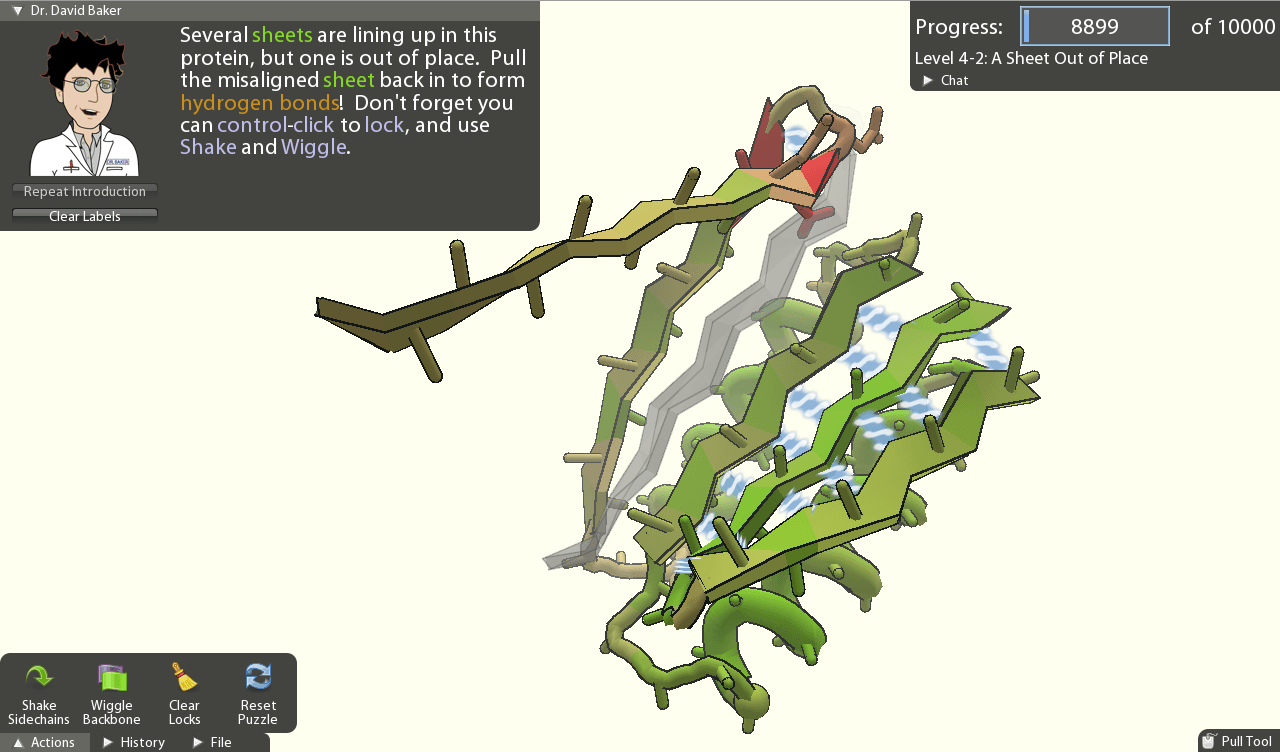
Those interested in using innovative methods to spread a message might take an interest in the Half the Sky Movement, an organization dedicated to promoting gender equality in developing nations. This November, Half the Sky will release a game on Facebook. What makes this game interesting – and potentially, will allow it to stand out on a platform usually dedicated to lighter fare – is the way that it links in-game behavior to real-world events. From the organization’s website:
“…Helping in-game does not only reward the players online. Players’ actions and virtual items are tied to micro-donations and matching donations from sponsors that extend to the real world: building schools, donating livestock to farmers or supporting new micro-saving programs. Beyond monetary contributions, players will be invited to share their good deeds with friends and “recruit” them, volunteer their time, organize groups, as well as engage in movies and narratives presented in Half the Sky: Turning Oppression into Opportunity for Women Worldwide.”

(Source: phys.org)
Half the Sky’s venture is the latest in a burgeoning trend in the games world – the use of “serious games,” or games designed for a primary purpose other than entertainment, to impact real world events. Watchers of the tech world may remember last year when a players of the game Foldit managed in three weeks to create a protein-cutting enzyme from an AIDS-like virus, a challenge that had stumped scientists in the field for more than a decade. The project, funded by DARPA, now seeks to develop a protein to help fight sepsis. In this way, scientists are hoping to employ every-day human intuitive and puzzle-solving abilities to resolve problems that typically require advanced degrees and the use of supercomputers.
One wonders whether the U.S. Government, which has been working to incorporate other modern innovations such as social media, would benefit from games as a communication tool. Tech@State, the State Department’s body dedicated to applying technology to U.S. diplomacy, has shown a level of interest. Last May the organization hosted a conference on serious games featuring a variety of NGOs who use the medium. Doubtless someone at State is contemplating that if games can be employed to combat disease and promote gender equality, they might be used to present the U.S. favorably abroad. If not, someone should be.
I believe that games can be of use to for public diplomacy, but only if State realizes that it will be held to the same standard as the rest of the industry. For games to impact a player, they must be engaging – people will turn off a boring game as quickly as they switch from a boring broadcast. To date, the State Department hasn’t generated much by the way of interesting content – it has contracted out companies to produce a few basic apps on topics like U.S. trivia, or oceans. I’ve played several of these. Suffice it to say that they are not explosions of creativity and entertainment.
Those interested might find find Jane McGonigal’s lectures at TED conferences to be worth watching. McGonigal is focused on motivating people to contribute to causes, and not necessarily PR, but she’s a source worth hearing on how games can move people to think and act differently. Start from 16:31 for examples of “serious gameplay” – fascinating stuff.
[ted id=799]


1 thought on “Serious Games: Playing to Communicate and Change”